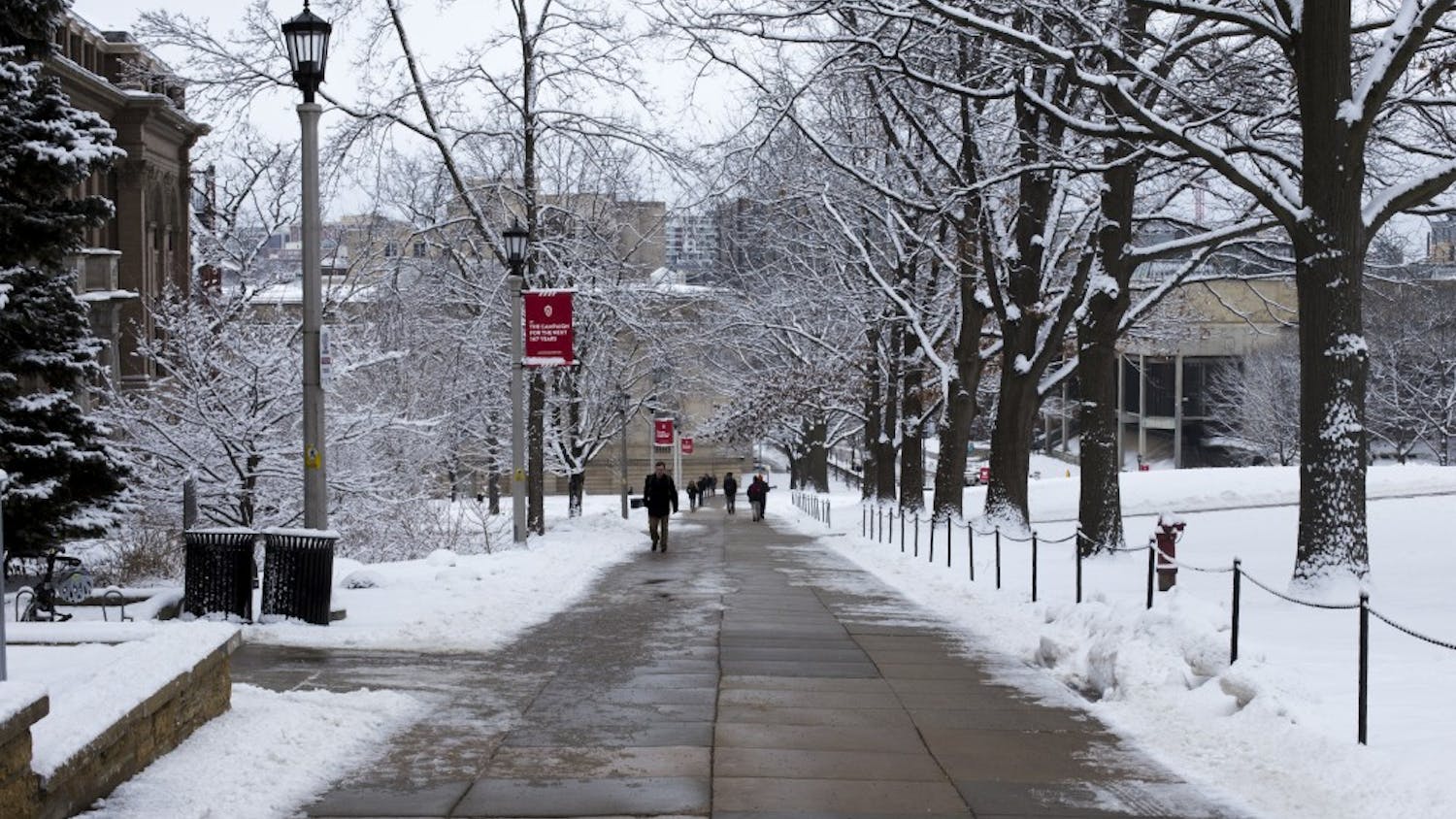Human behavior in environmental policy was a key topic at Thursday’s Sustainability Forum held at the University of Wisconsin-Madison’s Wisconsin Institutes for Discovery.
The Office of Sustainability organized the Forum, called “Climate Change in Wisconsin: Where do we go from here?” Various professionals within the Madison and university community presented at five different lecture sessions.
Dr. Greg Nemet, an associate professor of Public Affairs and Environmental Studies, began the session on “Policy and Human Behavior” with a keynote presentation detailing the issues of climate change the world faces today.
“It’s pretty much agreed upon that if population and economic growth and other things continue as they have that emissions will double by mid-century and double again by the end of the century,” Nemet said.
He addressed the need for the U.S. to reach a level of cooperation among countries with varying incomes and industrialization, as well as motivating Americans to be conscious of climate change in a time when residents are constantly reassured things are getting better environmentally.
The keynote was followed by four “rapid-fire talks,” each detailing different strategies for influencing human behavior in acting on climate change.
Dr. Adena Rissman, an assistant professor of Forest and Wildlife Ecology, discussed how climate change can increase conflict among ecosystem services, which could result in people competing for limited resources.
Dr. Sharon Dunwoody, a professor of Journalism and Mass Communication, explained the significance of social norms in mobilizing groups to participate in change.
“If you can show us what other people think and do, that might change our behavior accordingly,” Dunwoody said.
Dr. Markus Brauer, a professor of psychology, presented on “how to get people to change their behaviors” using a six-step program, including how to target a population to encourage behavioral change.
The last lecture was by Kathy Kuntz, the executive director of “Cool Choices,” a nonprofit organization that utilizes competition in workplaces in which employees can earn points for doing environmentally sustainable acts.
Kuntz insists that giving the players a paper deck of cards during the game is crucial, since they will bring it home to their kids and spread awareness.
“If an 8-year-old can program a thermostat, we can program a thermostat in our homes,” Kuntz said.





